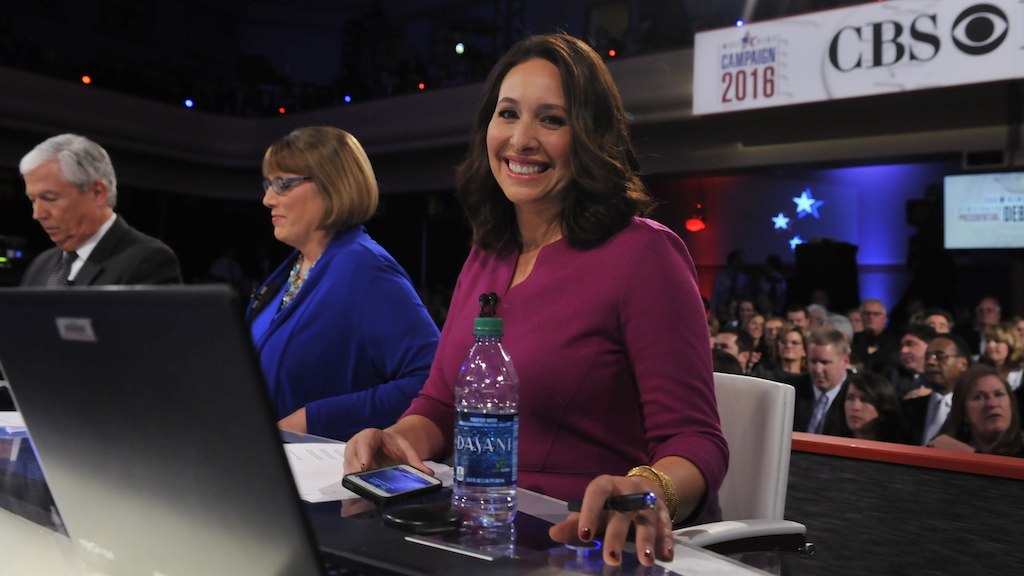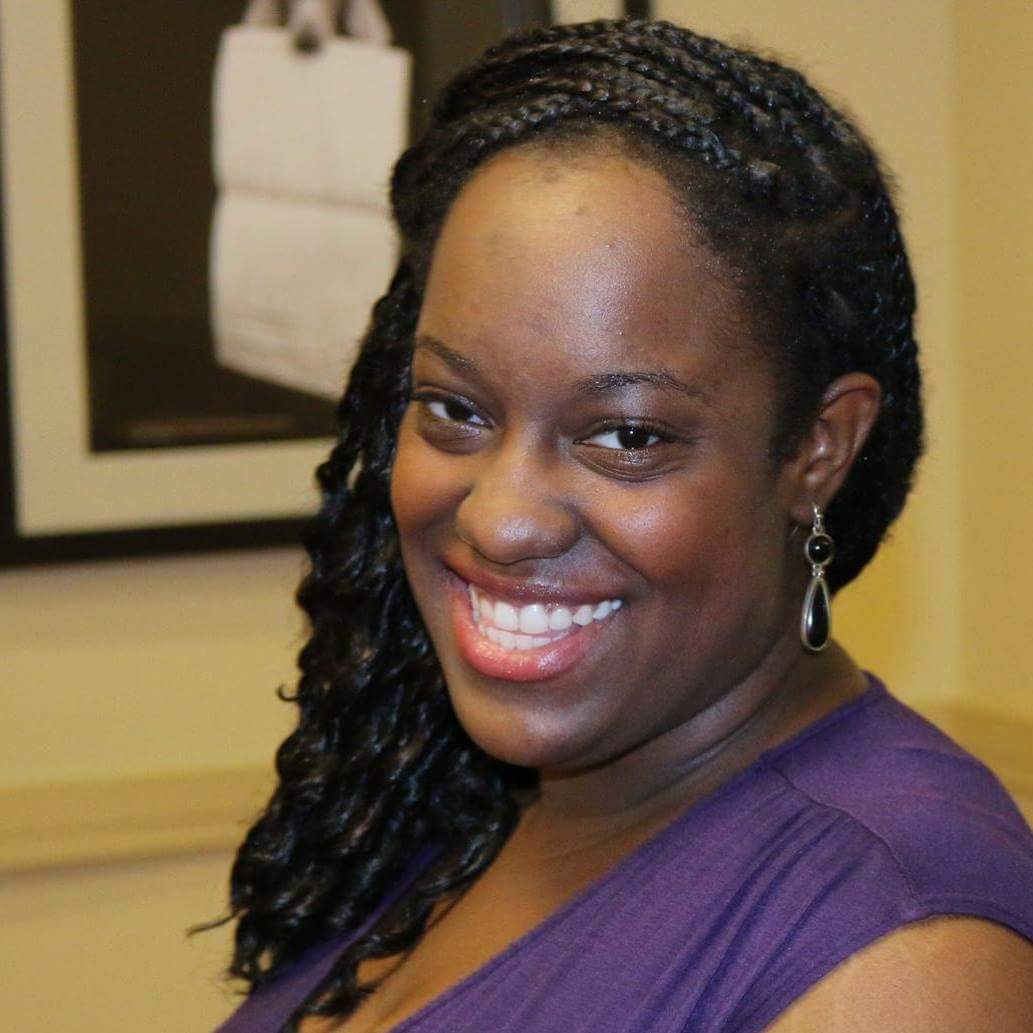The race for the White House is coming to a close. Throughout the past year the focus has been on the candidates themselves, their campaigns, and various antics. But what about the individuals reporting on the events day in and day out?
Washingtonian spoke with CBS News Congressional Correspondent Nancy Cordes, who is covering the Clinton campaign, to find out what it’s like to be on the campaign trail and what it’s like being a female correspondent reporting on a female candidate:
Having covered the Clinton campaign as well as Congress here in DC, what is a typical day like for you?
The one similarity between my days covering Congress and my days out on the campaign trail is that they’re both long. I’m usually up at 5:30 to get ready for CBS This Morning, we’re live usually right at 7 am, and then I’m doing live shots for CBSN, our digital network, doing hits for CBS radio, and then pitching what we could do for evening news that night.
There’s not one standard day on the campaign trail because you’re really at the mercy of the campaign travel schedule.
And what lessons have you taken away from being a congressional correspondent that you’ve applied in terms of creating questions of the candidates?
One of the things I like about Congress is that you get to spend a lot of your time talking about policy and real issues and how Congress is or isn’t trying to address them. And that has been one thing that has been somewhat missing from this campaign because there’s so much noise that has nothing to do with policy.
Typically at this point in a campaign we would be doing a lot of pieces comparing Hillary Clinton’s proposals on a given issue to Donald Trump’s. But the challenge is that in some of these areas Donald Trump doesn’t have details. He’s said in broad strokes what he wants to do but there isn’t a lot of details behind it, so it makes it difficult to make those comparisons.
Going along with your experience as a congressional correspondent, you’ve been able to cover congressional elections in 2008 and 2010 as well as the Obama campaign in 2012. So how has covering this election been different?
This is certainly the most bizarre presidential election I have ever covered, and I don’t think that any other political reporter would feel differently. I’ve covered bizarre moments in campaigns before. I remember back in 2008 when Mike Huckabee called a press conference to announce in Iowa that he had made a very negative TV ad that he had decided on principle not to air. So he was going to show it to us, the entire press corps, so that we would know exactly what it was that he wasn’t airing. So it was essentially free publicity instead of him having to pay to put it on television.
So there are always unusual moments but this has been one unusual moment after the other. So from that perspective it’s pretty memorable.
You’re covering the Clinton campaign now but you also briefly covered the Sanders campaign as well. How much interaction would you say you have with the candidates themselves, while covering campaigns?
We had an incredible amount of interaction with Bernie Sanders, especially in the early part of the campaign. I had covered him for years on Capitol Hill so there was a familiarity there. He had a very small team, so he wasn’t living in a very big bubble. He had a few close aides that he traveled with [and] that we communicated with all of the time. He was very comfortable with the press, so we would do interviews with him sometime once a day sometimes even twice a day because he knew that he was going up against the Clinton juggernaut and needed to take advantage of every opportunity to get his message out there.
It’s not been the same experience with the Clinton campaign, although Hillary Clinton has started making herself more accessible to the press in these final couple months. But there were long stretches where we had no interaction with her and the only way that we could hope to get a question to her was to try to fight out way up to the front of the rallies that she was at, at the end to squeeze up to the rope line when people were shaking her hands and getting selfies and shout a question that way. But most of the time she pretended not to hear us.
Finally as a woman correspondent, what has it been like covering the campaign in light of there being a female candidate?
One of the nice things about being a woman covering this campaign is that a lot of other news outlets also assigned women to cover this campaign, so you’ve got a pretty great girl gang in the back of the plane.
I think that there was an assumption that a female journalist might be able to develop more of a connection with Clinton than male journalists might but the reality is that we don’t really spend that much time with Clinton herself.
Being a women, I think, does help you to see how tricky it can be sometimes to be a female candidate since we’re very use to male candidates in this country. We sort of know what to expect from them, we know what we view as the strengths and weaknesses and we’re still getting use to the idea of what a strong female leader might be like. How a strong female leader might have different strengths than a male leader might, but they’re strengths nonetheless.




















